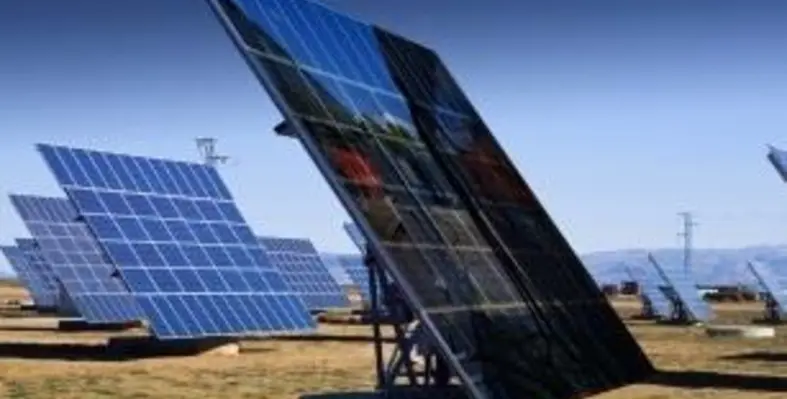Africa is home to 10 of the world’s fastest growing economies, yet more than 600 million Africans still have no access to electricity. Africa’s power problem is not just about keeping the lights on, however, but also about improving affordability and reliability of power sources to help a range of areas, not least healthcare and education, manufacturing and industry
But it is no easy task. The International Energy Agency estimates that sub-Saharan Africa will need more than US$300 bn of capital investment to extend electricity access to the whole population by 20301.
With 7 of the 10 sunniest countries in the world, one thing Africa is not short of is potential access to solar power generation. Microsoft founder and philanthropist, Bill Gates, argued last year that while cheap and clean energy is needed in Africa, solar power was not the sole answer2. It’s not just about clean, it’s about affordability and reliability, and that’s where solar-hybrid power comes in.
“We all know that renewable energy is the way forward,” said Karim Wazni, Aggreko’s Director of Business Development, Renewables. “However, it will be some considerable time before it can rely on over fossil fuels. Africa cannot, and should not, wait for reliable energy, so bringing solar and diesel together in one package like this brings many advantages to Africa today.”
Solar power has certainly become more affordable. According to the International Renewable Energy Agency3 the cost of solar panels fell 82 per cent in the last five years.
The long-standing issue for renewable energy is that it can be intermittent and unreliable. What happens when night falls? Or what happens when the clouds come in and power is lost? As seasons change the risk of intermittent power and the impact this has on end users increases. While these impacts are often unpredictable, we can be certain that there will be an effect on power reliability, so the need to plan ahead is vital.
Aggreko recently signed a ten-year deal to provide solar-diesel hybrid power to Nevsun for its copper and zinc mining operation in Eritrea. It will supply 22 MW of diesel and 7.5 MW of solar-generated power allowing the company to reduce its reliance on the grid and ultimately reduce pressure on the national utility to meet growing capacity demand.
This solar-diesel hybrid package enables power to be generated 24 hours a day, without interruption – diesel immediately takes over when the sun stops shining or clouds come in.
This industrial application is translatable across the continent, or any location in the world’s sunbelt, and has the ability to answer that energy poverty conundrum that has Bill Gates so exercised.
“We know that nothing happens without power. That is why our mobile, modular power provides the ideal solution in so many African markets. We have worked hard to develop a package that uses equipment and technology that is efficient, affordable and reliable,” said Mr Wazni.
Even planned interruptions to utilities are hard to tolerate, given the pressure placed on grid capacity around the world. Planned downtime is no longer justifiable, even if it is to upgrade energy infrastructure, integrate renewables and improve reliability. Modular power plays a significant role in these cases by filling the gap while the grid is down.
Businesses cannot operate efficiently without a reliable power source. However for Africa, where there are a number of remote areas and some without grid access, getting reliable and uninterrupted power is challenging.
It is critical to ensure that renewable energy is generated efficiently, is reliable and that the inevitable intermittency and redundancy caused by unpredictable weather conditions and inhospitable locations are mitigated.
Aggreko works with a number of national utilities around the world, including those with intermittent hydroelectric plants, such as in Kenya and Zimbabwe, to guarantee continuous power year round, ensuring intermittency does not impact end users, productivity or economic growth.
The reliability of diesel power means electricity is accessible round the clock. But for off-grid customers, diesel fuel can often amount to a high proportion of operating costs. A hybrid solar-diesel generation package allows for reliable power around the clock, with cost savings of up to 20 per cent over diesel-only power.
There are clearly a number of obstacles still to overcome before we see utility-scale solar plants in Africa and integrating renewables into the power mix is no mean feat. But, with solar power, now more affordable than ever, combining the advantages of clean renewable energy with those of reliable diesel-generated modular power is an attractive and realistic option. The integration of solar-diesel generation within the mining industry gives confidence that this innovative approach will be welcomed by national utilities across Africa.














